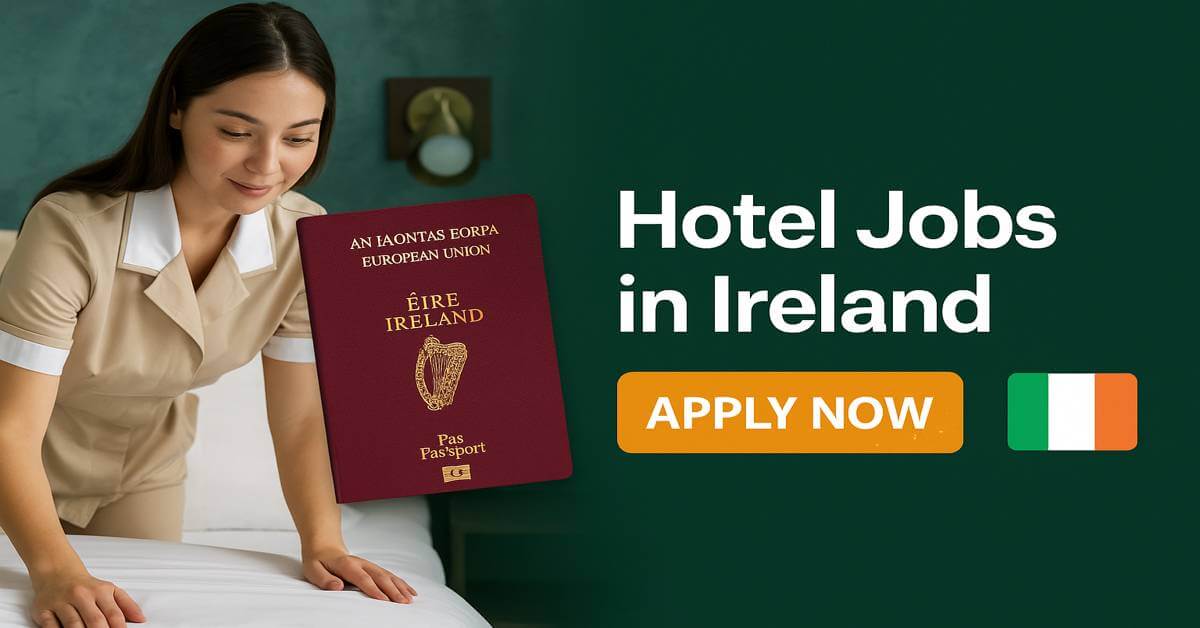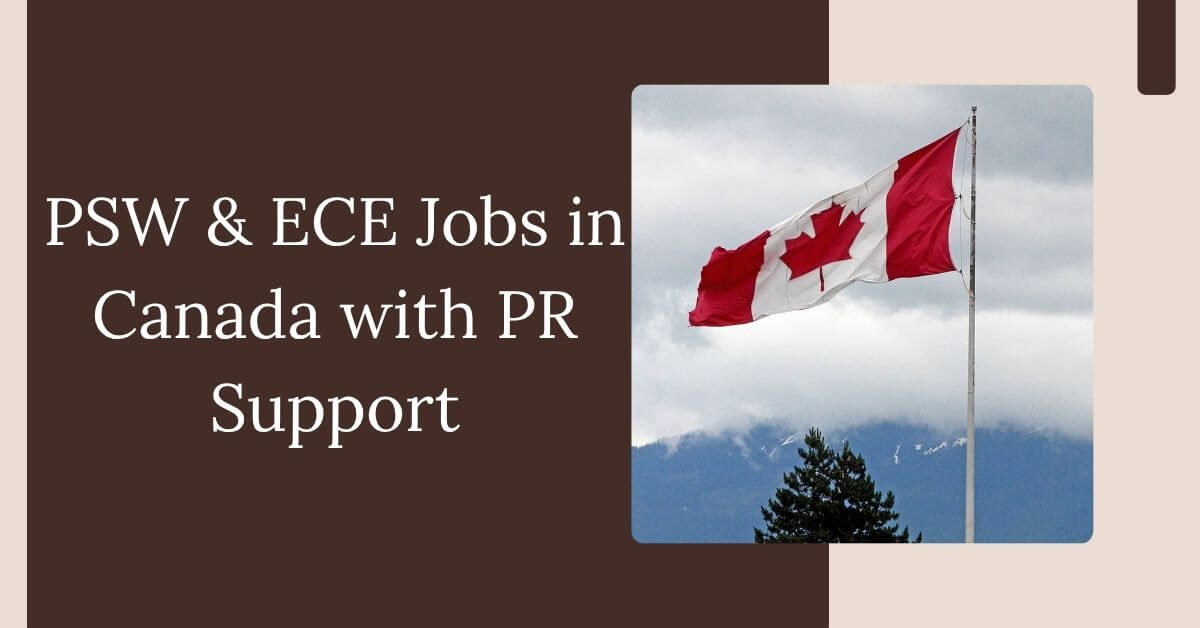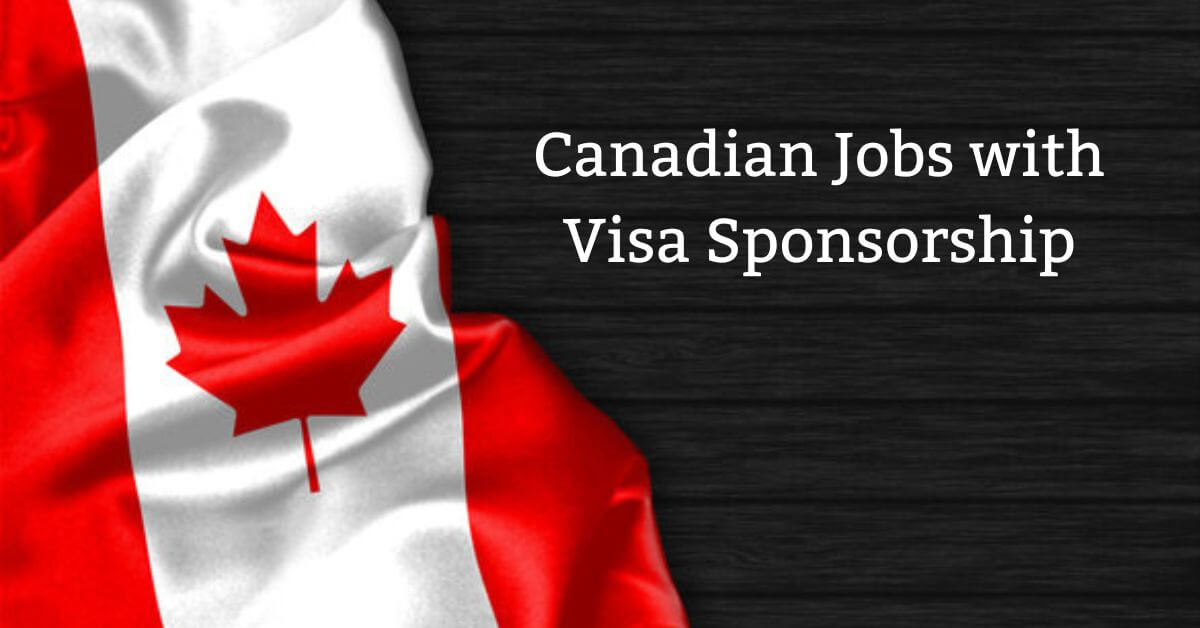Ireland, known for its rich history, stunning landscapes, and friendly locals, is a thriving tourist destination in Europe. This booming tourism sector creates significant demand for qualified hospitality professionals, making it an excellent opportunity for international job seekers interested in hotel jobs with visa sponsorship.
This is encouraging news for job applicants in Ireland, as numerous hotels offer visa sponsorship. This blog offers valuable information for individuals who are interested in obtaining a hotel position in Ireland with visa sponsorship.
Check Also: Caregiver Jobs in Ireland – Visa Sponsorship
Key Points:
- Job Titles: Front Desk Staff, Housekeeping, Food & Beverage Staff, Concierge, Hotel Manager, Chef, Event Planner, Maintenance Technician, Spa Therapist, Security Guard, and more.
- Locations: Major cities including Dublin, Cork, Galway, Limerick, and other popular tourist destinations across Ireland.
- Employment Type: Full-time positions available.
- Visa Sponsorship: Available for qualified non-EU candidates through recognized work permit schemes.
Visa Sponsorship:
Foreign nationals seeking to work in Ireland typically require an employment permit. The most common permits for hospitality workers are:
- Critical Skills Employment Permit: For highly skilled roles with a minimum salary threshold (usually €32,000+). Some managerial roles in hotels qualify.
- General Employment Permit: For jobs where Critical Skills permit is not applicable, with some restrictions and quotas.
Employers sponsoring visa applications help with the paperwork and ensure you meet legal requirements. For the most current information, always refer to the Irish Naturalisation and Immigration Service (INIS).
Requirements:
- Work Experience:
- Entry-level roles often require 1–2 years in hospitality or customer service.
- Management roles typically demand 5–10 years of relevant experience.
- Education:
- Management positions usually require a degree or diploma in Hospitality Management, Business Administration, or related fields.
- Operational roles generally require a high school diploma or equivalent.
- Language Skills:
- Fluency in English is mandatory.
- Additional languages such as French, German, or Spanish are advantageous for hotels serving international guests.
- Soft Skills:
- Excellent communication and interpersonal skills.
- Customer service orientation.
- Ability to work in multicultural teams and adapt to varying work environments.
Job Duties:
Front Desk Staff
- Welcome and check-in/check-out guests.
- Manage reservations and answer guest inquiries.
- Coordinate with housekeeping and other departments.
Housekeeping
- Clean and prepare guest rooms and public areas.
- Maintain hygiene and safety standards.
Food and Beverage Staff
- Take and serve orders in hotel restaurants and bars.
- Maintain cleanliness and adhere to food safety standards.
Concierge
- Provide guests with local information, transportation, and booking assistance.
- Offer personalized recommendations to enhance guest experience.
Hotel Manager
- Oversee overall hotel operations, staff management, budgeting, and guest satisfaction.
Waitstaff/Bartender:
- Preparing meals and beverages for visitors
- Serving meals and beverages to guests
- Ensuring guests’ satisfaction during their dining experience
- Providing service specifically in hotel restaurants or bars
Event Planner:
- Plans and organizes events such as conferences, weddings, and banquets
- Ensures all event details are managed accurately
- Coordinates logistics to achieve smooth execution
- Maintains efficiency throughout the event process
Security Guard:
- Ensures the safety of hotel visitors
- Protects hotel employees from potential harm
- Safeguards hotel property against damage or theft
- Plays a critical role in overall hotel security management
Spa Therapist:
- Offers a variety of spa services such as massages and facials
- Helps visitors achieve relaxation
- Promotes wellness and stress relief
- Enhances the overall guest experience at the establishment
Maintenance Technician:
- Monitors the functionality of all hotel facilities
- Performs regular maintenance checks
- Repairs facilities when issues arise
- Ensures smooth and safe operation of hotel amenities
Chef:
- Prepares dishes served in the hotel restaurant
- Supervises kitchen employees and their tasks
- Regulates culinary processes to ensure quality and consistency
Salary Expectations:
| Position | Salary Range (Euros) |
|---|---|
| Front Desk Staff | €25,000 – €30,000 |
| Housekeeping | €22,000 – €28,000 |
| Food & Beverage Staff | €23,000 – €30,000 |
| Concierge | €27,000 – €32,000 |
| Hotel Manager | €50,000 – €80,000 |
Note: Salaries vary by location, hotel size, and experience level.
Benefits:
- Visa Sponsorship Support: Employers assist with the visa and work permit process, making it easier for qualified foreign workers to legally work in Ireland.
- Competitive Salaries: Hotel jobs offer competitive wages that align with Ireland’s cost of living and industry standards.
- Career Growth Opportunities: The hospitality sector provides clear paths for advancement, from entry-level roles to management positions.
- Diverse Work Environment: Work alongside colleagues and guests from various cultural backgrounds, enhancing your intercultural skills.
- Comprehensive Employee Benefits: Many hotels offer benefits such as health insurance, paid leave, and pension contributions.
- Skill Development: Gain valuable skills in customer service, communication, and hospitality management that are transferable worldwide.
- Job Security: The steady growth in Ireland’s tourism industry supports ongoing demand for hotel staff, ensuring stable employment.
- Work-Life Balance: Many hotel roles offer flexible scheduling, including part-time and shift work, to suit different lifestyles.
- Language Improvement: Opportunity to improve English and potentially learn additional languages through interaction with international guests.
- Networking Opportunities: Build professional connections within Ireland’s hospitality industry, opening doors to future career prospects.
- Cultural Experience: Experience living and working in Ireland, enjoying its rich culture, beautiful landscapes, and friendly communities.
Application Process:
- Research Potential Employers: Use platforms like Jobs.ie, LinkedIn, or visit official hotel websites for vacancies offering visa sponsorship.
- Prepare Your CV and Cover Letter: Tailor them to highlight relevant hospitality skills and experience. Use clear, professional formatting and correct English.
- Submit Applications: Apply online or via email following each employer’s instructions.
- Prepare for Interviews: Familiarize yourself with hospitality scenarios, customer service etiquette, and common interview questions.
- Obtain a Job Offer: Once hired, coordinate with your employer to apply for the relevant work permit.
- Visa Application: Apply for your visa through the Irish embassy or consulate in your country, submitting all required documents.
Additional Information:
- Learn about Irish hospitality culture and customer service standards.
- Highlight multilingual abilities if applicable.
- Maintain flexibility regarding working hours, including weekends and holidays.
- Network through industry events or online groups focused on Irish hospitality jobs.
Helpful Resources:
Frequently Asked Questions:
-
How important is English proficiency for hotel jobs in Ireland?
Fluency in English is mandatory as it is the primary language used in most hotels. Additional language skills (French, German, Spanish) can be advantageous, especially in hotels with international clientele.
-
Which hotel jobs qualify for visa sponsorship in Ireland?
Positions like hotel manager, chef, concierge, front desk staff, housekeeping, and food and beverage roles can qualify for visa sponsorship if you meet the employer’s requirements and the permit criteria.
-
Do I need a visa to work in a hotel in Ireland?
Yes, if you are a non-EU/EEA citizen, you will need an employment permit and a visa to work legally in Ireland. Employers often sponsor these permits, such as the Critical Skills Employment Permit or General Employment Permit, depending on the job role.






